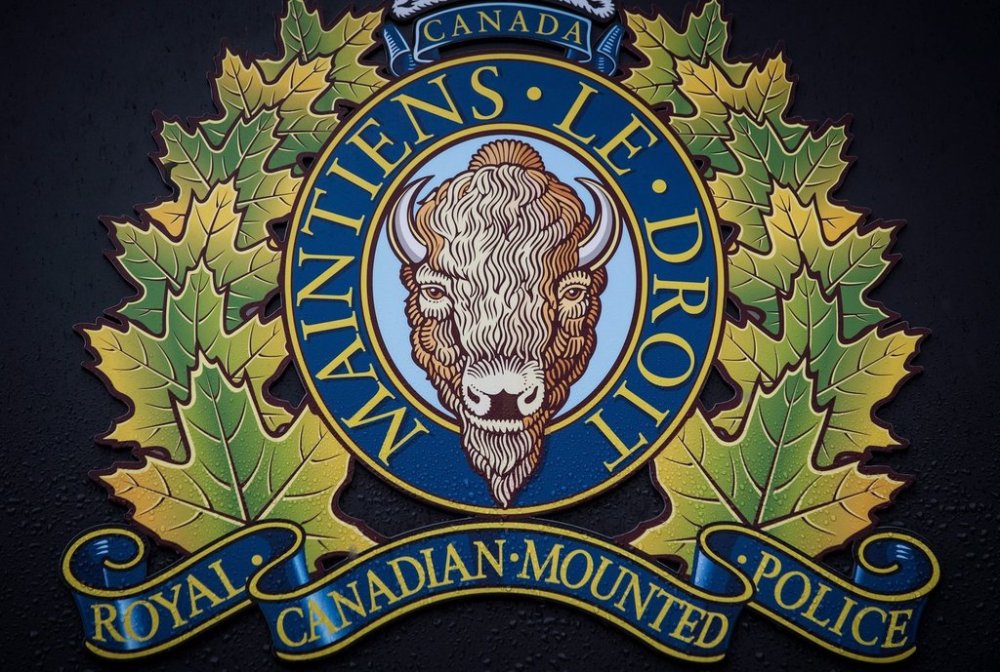CRA scams on the increase, RCMP warns
Advertisement
Read this article for free:
or
Already have an account? Log in here »
We need your support!
Local journalism needs your support!
As we navigate through unprecedented times, our journalists are working harder than ever to bring you the latest local updates to keep you safe and informed.
Now, more than ever, we need your support.
Starting at $15.99 plus taxes every four weeks you can access your Brandon Sun online and full access to all content as it appears on our website.
Subscribe Nowor call circulation directly at (204) 727-0527.
Your pledge helps to ensure we provide the news that matters most to your community!
To continue reading, please subscribe:
Add Brandon Sun access to your Winnipeg Free Press subscription for only
$1 for the first 4 weeks*
*$1 will be added to your next bill. After your 4 weeks access is complete your rate will increase by $4.99 a X percent off the regular rate.
Read unlimited articles for free today:
or
Already have an account? Log in here »
Canada Revenue Agency (CRA) scams have surged recently in Manitoba, with criminals accessing individuals’ tax accounts to reroute refunds, RCMP spokesperson Paul Manaigre told the Sun.
The agency received 2,041 fraud-related complaints in 2024, with the majority linked to online or telephone scams.
Scams are reported daily across Manitoba, and no region is immune, Manaigre explained.

“While certain scams, such as tax-related fraud, tend to spike during tax season or holidays, criminals operate year-round,” he said in an email. “People should regularly check their CRA account details and enable two-factor authentication to prevent unauthorized changes.”
Manaigre noted fraud complaints are widely unreported, adding the Canadian Anti-Fraud Centre (CAFC) estimates that only five to 10 per cent of frauds are being reported: “Victims may feel embarrassed, not know where to report, or believe nothing can be done.”
He warned reporting is crucial — it helps law enforcement track trends, disrupt scammers, and conduct co-ordinated investigations globally.
Grandparent scams, in which fraudsters pose as police or lawyers claiming a relative is in legal trouble, are increasing.
“Scammers prey on panic,” Manaigre said. “They might say, ‘Hey, it’s me, your grandson,’ and if the grandparent guesses a name, the fraudster will use it to seem credible.”
Victims are then pressured to send money, sometimes through in-person pickups at their homes.
Work-from-home scams have ensnared job seekers by tricking them into unknowingly laundering money.
“These scams can have serious consequences, including frozen bank accounts, bad credit, civil liability, or even criminal charges,” Manaigre warned. He urged job seekers to verify recruiters and avoid unsolicited offers.
Investment fraud, particularly involving cryptocurrency, continues to devastate victims. Scammers lure individuals with fake promises of high returns, even faking initial payouts to gain trust.
“When people ask to withdraw their money, they’re suddenly met with fees,” Manaigre said. “By then, many have already emptied their savings or borrowed from loved ones, convinced they’ll make a fortune.”
Romance scams often serve as a gateway to financial fraud, with fraudsters building trust over time before requesting money: “Victims may have video chatted or seen fake identification, making it even harder to convince them they’re being scammed. It’s essential for family members to intervene and encourage discussions with banks or police.”
Other common scams include fraudulent computer pop-ups, phishing emails, and threatening phone calls aimed at stealing personal information or payments. E-transfer fraud has also become prevalent, with scammers tricking victims into sharing online banking credentials by sending fake payment notifications.
Marketplace scams, where buyers or sellers are duped through online transactions, remain an issue. “People should always verify buyers and sellers, meet in public places, and avoid sending money before receiving goods,” Manaigre cautioned.
The RCMP continues to emphasize the importance of awareness and proactive prevention.
“Ignore and block unsolicited messages, verify financial dealings, and talk to trusted individuals before making transactions,” Manaigre urged. “If something feels off, report it. The more information we have, the better we can fight these crimes.”
» aodutola@brandonsun.com
» X: @AbiolaOdutola
